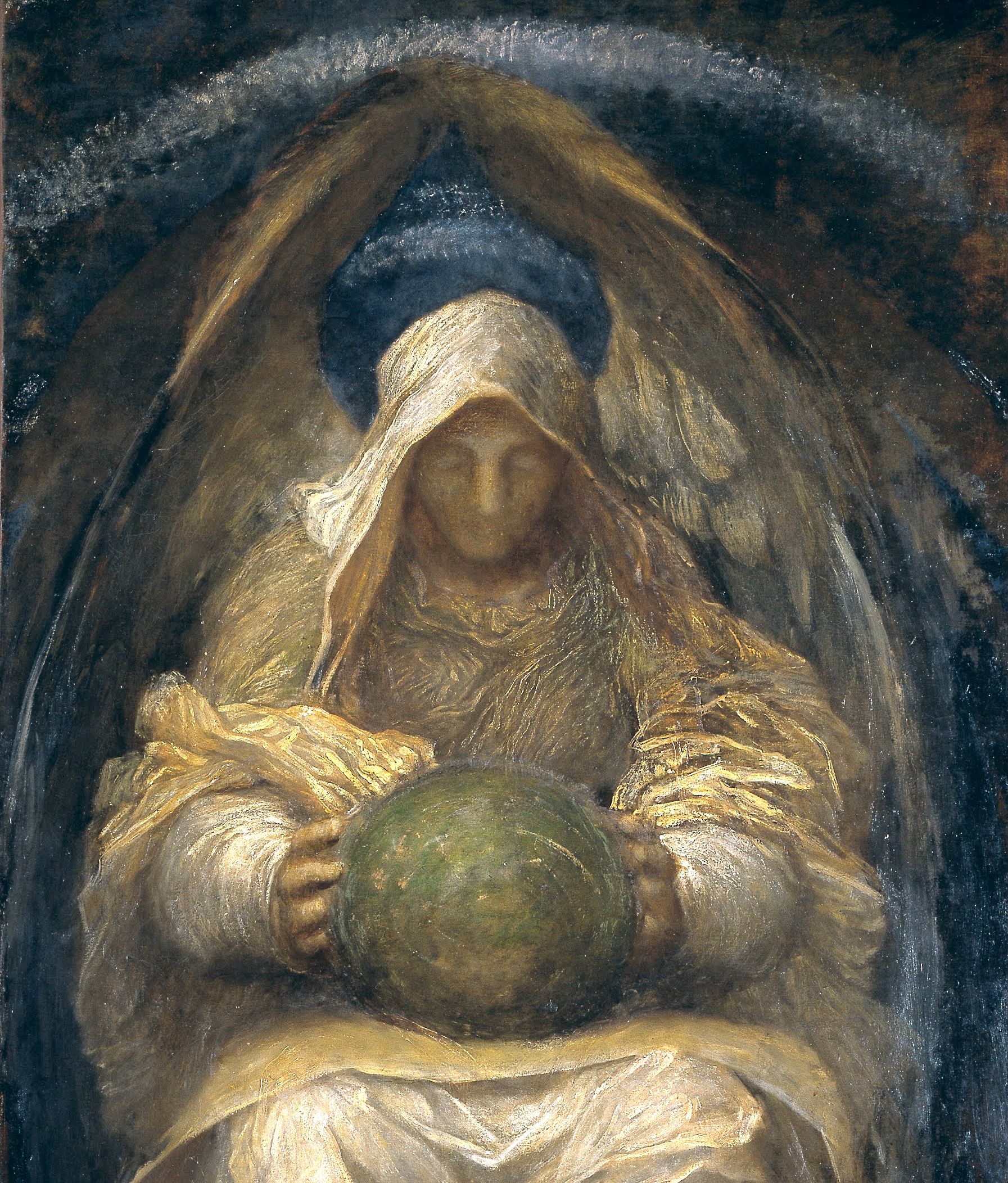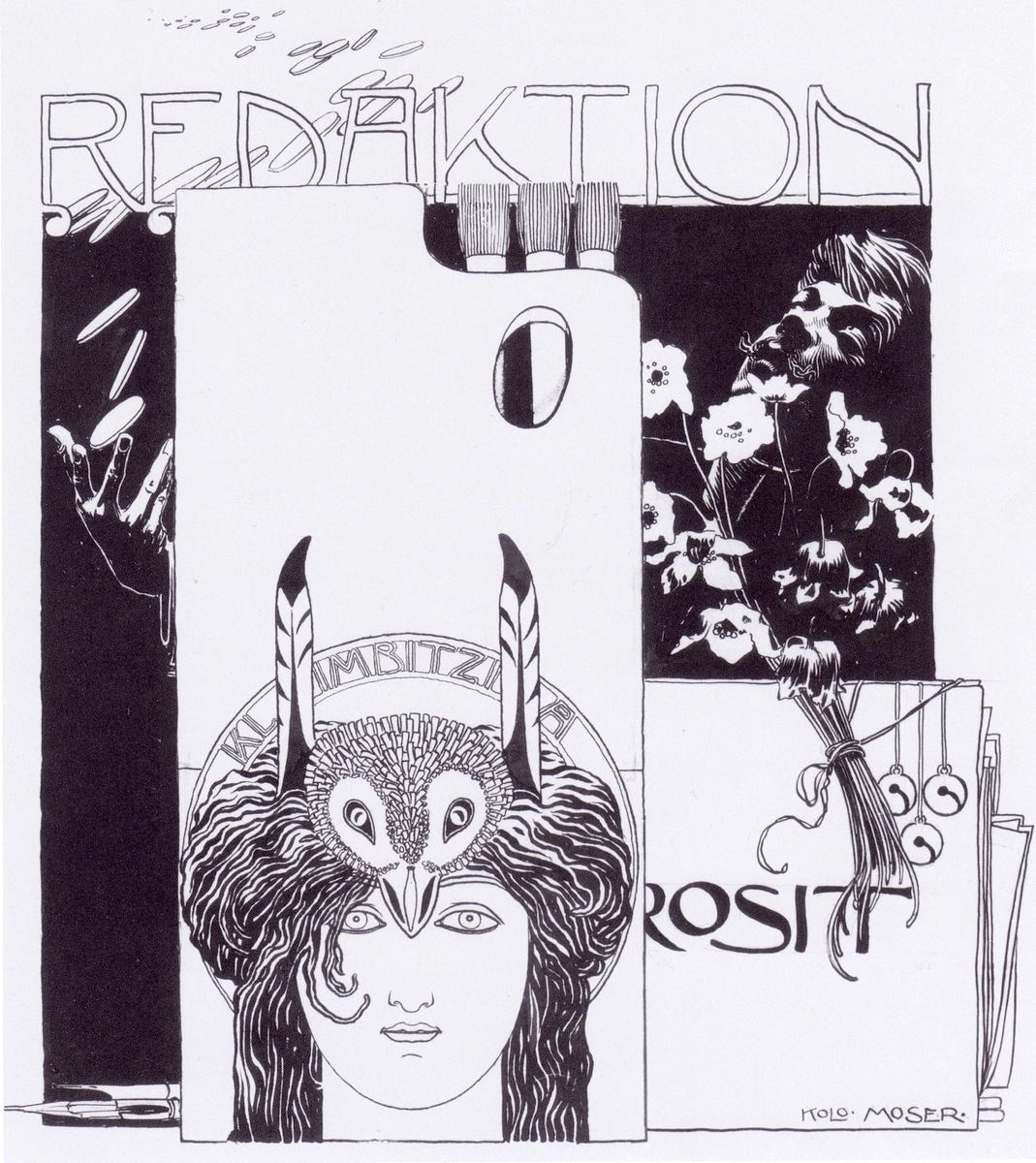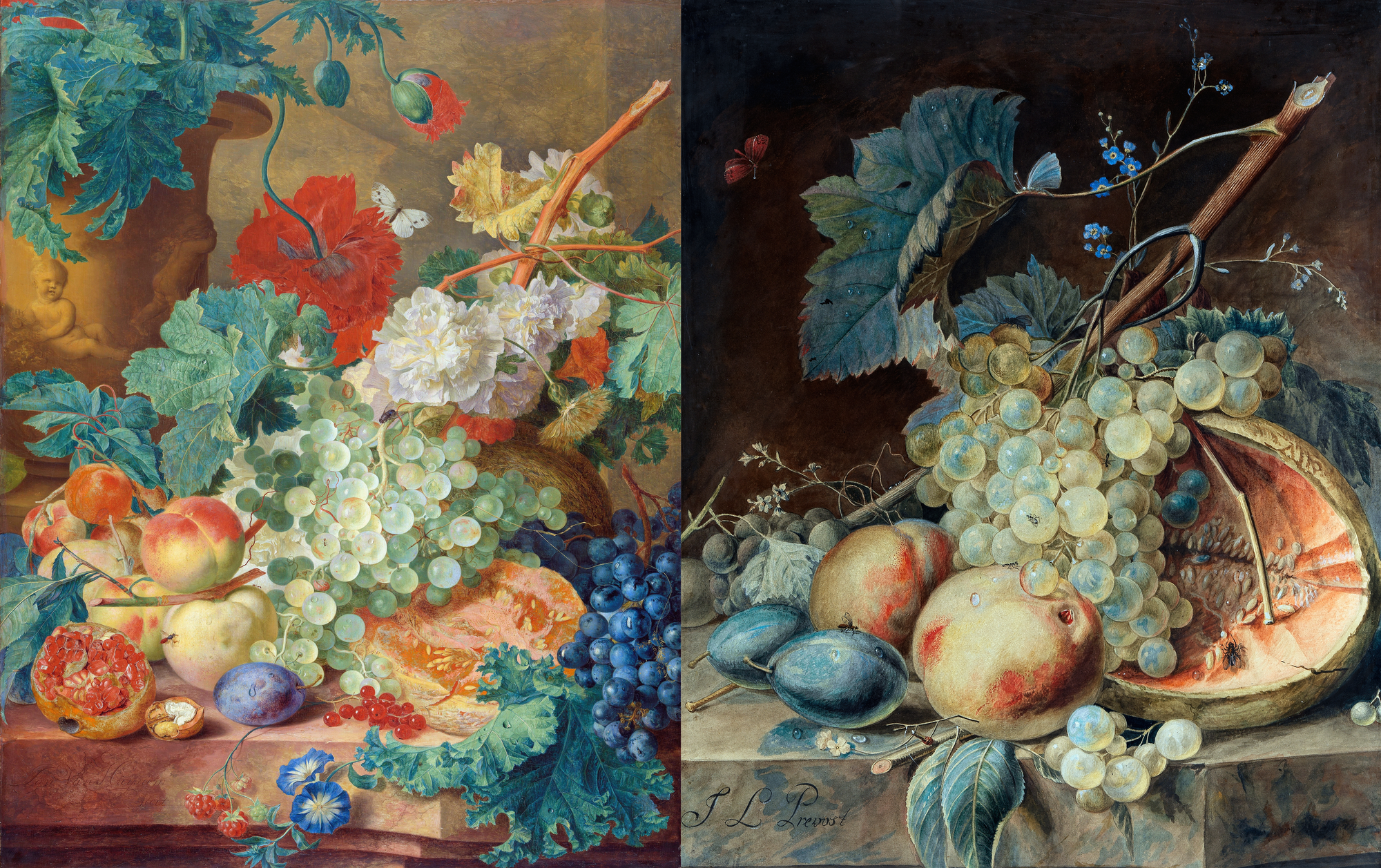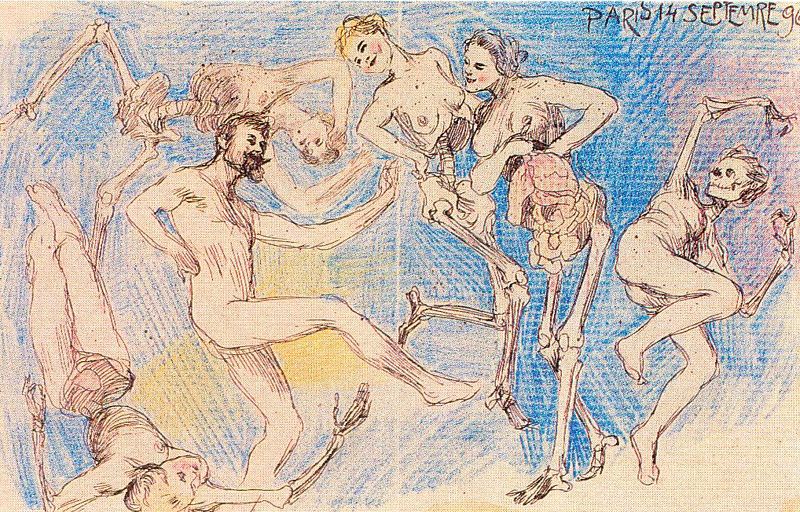"Before enlightenment, chop wood, carry water. After enlightenment, chop wood, carry water." There is revelation, yes, but no secret. Secrets can be told, and this cannot.
Yet here I am, endeavoring to tell you. I chop wood for the fire that we'll share, and I carry water to boil for tea. We will enjoy the fine bitter flavor of the tea. This also, together.
A bit of personal context. Skip this section if you don't care.
I drafted and discarded so many titles and openers for this long-promised Godpost. My vanity, often a boon to my ambitions, held me back this time. Pride is the deadliest of the seven and certainly my favorite.
During most of 2020 I was deeply preoccupied with recapitulating classical theism — among other schools, since I am no purist. Spoiler alert, I agree with Thomas Aquinas' conception of divinity, mas o menos. My conviction in God does not rely on Believing™ the Bible (which doesn't mean that I don't believe it).
I think the Bible is to be read seriously, not literally
— 🎀 sonya supposedly 🤖 (@sonyasupposedly) March 15, 2021
(yes I am aware of the etymological irony here)
Throughout 2021 and the better part of 2022, I agonized about getting this essay right. Had I spent less time pondering the matter, I would have written many more words. In fact I did write many more words, but they proved redundant.
I want to dazzle you with the likeness of the divine. It is not my place to do so. Instead, let me tell you quickly and plainly: God is the wellspring of existence; of any and all existences. There, I spoiled the punchline. Now it's okay if I flub the joke.
I wanted my account of God to be sensible. And it will be, sure, to the degree that I can manage. But it will also sound crazy, which ought not surprise me. When has contact with the divine made a person more intelligible to their unbelieving peers?
Ultimately, I must accept what I've tried to deny: I can't "get it right" in the way that I dreamed; I can't win this, and that's okay. I have faith — you'll find something to appreciate in my thoughts nonetheless.
The fundament is this: Existence exists.
Do you believe in God?
Naturally it's a trick question. Your answer will depend on your definition of God. If you define God as something that you think exists, then you will "believe in" God. If you define God as something that you think does not exist, then you won't.
Things are what they are. This is ground truth: a contingent equivalence. 1=1, QED. But it's not only that things are what they are, it's that things are. At all. There is — not "there is such-and-such," but there is. I am. Let there be light. Let there be death, and let there be rebirth, over and over again until the end of days, when all shall have rest.
God is the source of reality. It is indeed that simple: whatever the source of reality is, that's God. The Big Bang, entropy, quantum fields — these are how, not why. Implementation details. Rather than whence, merely what. Means instead of self-justifying end.
You could say, reality has no source. It simply is. That too, is God; is precisely God. Something without a source, something that never emerged out of nothing but simply always was — in such a notion we glimpse the divine. All the splendor, all the horror of reality takes place inside of God. Spacetime is a consequence of God, perhaps a contour of His cognition.
How strange this universe we occupy! And yet it is natural, familiar; we too were made within the sovereign presence. We resulted from it.
Why is there something instead of nothing?
.@eigenrobot pacing around the living room shouting about how it's bullshit that we don't know why there is something rather than nothing
— grumpenbosco (@selentelechia) May 25, 2020
"I'm furious! these motherfuckers turning lead into gold, I don't give a shit! why aren't we figuring this out!?"
I also wanted to know, so I ascended the mountain step by laborious step. I spoke to the hermit who lives among the rocks piled near the peak. And I climbed to the very tippy-top, where I shouted into the sky.
Now I return to you bearing an answer. I bet you won't like it.
Because the answer is that there is no answer, yet the answer is every answer. The answer is God, because God is a concept that we came up with in response to that question. God is whence the something-not-nothing emerges; God is the why of there being substance, of the there being there at all.
The question itself, why there is something instead of nothing, presumes that it could have been otherwise, that existence could have not existed. But we know that's not true, because existence does exist. Nonexistence can only ever not exist, but existence is the opposite.
God is the void that isn't; God is the form that is. God is the Word, the Name that needs no rectification nor reification, the thing-in-itself that signifies itself and has no other referent.
I believe in God because what I believe God is, that is something that exists. Which something? Again, the Everything — existence itself, which necessarily, numinously, must include its own source. God is the reason for Everything — the Alpha and Omega, the beginning and end of all, unified as One. The ultimate abstraction. God encompasses and eclipses each of the four Aristotelian causes of Actuality. He is the Whole.
I like the Wikipedia page for the Hindu concept of Brahman:
Brahman (Sanskrit: ब्रह्मन्) connotes the highest universal principle, the ultimate reality in the universe. In major schools of Hindu philosophy, it is the material, efficient, formal and final cause of all that exists. It is the pervasive, infinite, eternal truth, consciousness and bliss which does not change, yet is the cause of all changes. Brahman as a metaphysical concept refers to the single binding unity behind diversity in all that exists in the universe.
This is what it means to be omnipotent and omniscient, I contend. How could those properties be attained other than by total encompassment? As for omnibenevolence, as I've written before, reality does not have a human value system. But reality's value system does have humans. Reconciling the two is the point and practice of religion.
Human concepts can only approximate the holy transcendence that cradles existence itself. Even our most correct perceptual and existential paradigm is going to be inadequate. Concepts are maps, models. And all models are wrong, as the saying goes, but some are useful.
The inadequacy of the map may be vexing in its inherent omissions, but nonetheless valuable as a guide. In fact, if the map were complete, it could not aid in navigation; it would be just as huge and bewildering as the territory itself. In pondering God we are inherently hampered.
The Dao that can be articulated is not the true Dao. God the concept doesn't exist, but God the referent of that concept — God the Actuality, the Whole-In-and-Of-Itself, the Whenceness and Amness and Entirety of All that Is, Was, and Ever Shall Be — that does exist.
Or rather, the concept exists inside of the Whole that the concept was conceived to describe. Of course a name and definition, however sacred we hold them, can only approximate the vast magnificence of Actuality! There is more to God than to any of His isolated elements, least of all a mere concept confined to human heads.
Furthermore, any of the elements isolated, considered on its own, is inherently a fiction. The notion of being able to do that at all is a fiction. Reality does not allow its constituents to be separated out; you cannot remove whatever is in the world from the world in order to examine it. Existence is existence is existence; there is nothing beyond it and most crucially, nothing is a concept that attempts to describe that which does not exist — but that which does not exist does not exist, by its very non-nature.
I know that Actuality exists because I am in it, as are you — although the limits of our subjective vantage points determine that neither of us can be finally, unassailably sure that the other is not a dream, some cleverly convincing conjurement. We can make reasonable suppositions, which have never satisfied the hearts of men. Ahh, faith is essential.
Is God an agent? Well, that depends on what you think an agent is. The standard definition: an agent makes choices. No, I don't believe God is that, much like I don't believe that any concept can hold God. I believe that God manifests, emanates, reverberates through Himself, that God resounds. Consider a storm — is a storm an agent? And yet it happens. The Happeningness of all, that is God.
Why then use this name, God, and the pronouns He and Him? Why address God in my mind, why speak to Him, why plead, why pray? Because the human mind is optimized for conceiving of everything as a person, and I see no reason to work against my neural heritage. Because my own brain is part of the Happeningness and its capacities were shaped by such. The answer to every question about humanity is: we evolved that way. We are how we are simply because that's how we turned out to be.
I find myself humble and small, knowing that all that I am is a result of the Actuality that is God, all that I enjoy is by His dispensation, and likewise all that I suffer. I am falling into the patterns He laid out for me, as it is right for me to do. Why is it right? Why did humans evolve with religion, with the capacity to experience spiritual ecstasy, to deeply feel that there is this Whole? Because it was rewarded, it worked and continued. Why? Because of the Actuality. We need to grasp and grapple with our environment — its strange ways and our lack of ultimate control.
We evolved religion because God is real — we dwell inside of Him — and we had to deal with that. Faith holds that God is beneficent; personally I would say that God is beyond beneficence, that beneficence is one of the many human notions we use to shape and contain our experience of God.
Religion is a powerful synchronizer of minds. Any protocol has network effects, cultural ones no less than others — agreement on behavioral and moral conventions allows for more efficient cooperation between human beings. Religion helps us to help each other flourish. That is not a coincidence.
The Actuality impressed its image upon us, and we continue to strive to integrate His All-Encompassment. And yet we could not have been another way, because this is the happening that has happened and happens now and will continue to happen.
God has chosen the foolish things of the world to put to shame the wise, and God has chosen the weak things of the world to put to shame the things which are mighty; and the base things of the world and the things which are despised God has chosen, and the things which are not, to bring to nothing the things that are, that no flesh should glory in His presence.
— 1 Corinthians 1:27-29
Existence exists. This is God.
Nothingness does not exist. This is also God.
God is the Word that arises from no throat, passes no lips; God is the Word that is its own breath.
The Word is long, never-ending. The Word is a circle, with no beginning and no end, a Whole unto itself.
This essential Whole is the inexorable consequence of God. Each of us is contained in the sound that pours forth from nowhere, cacophony and sweetest harmony all at once, a symphony from which no instrument nor player can be removed. If it were not what it is, it wouldn't be what it is — and it is what it is.
Existence exists. God is its singer.
Lord, please forgive my inadequacy in conveying the basis of my faith. Dear reader, I hope you will forgive me as well.
Here is another option, more succinct and less mystical than my treatment:
You get to God by asking "why is there anything at all." Not just "what started the big bang" but "how can anything be?" and especially "how can anything be at this moment right now?" God is defined as whatever the answer to this question is.
Being is contingent. Things are, as opposed to things not being. Being can't come from non being, something can't come from nothing; if nothing could produce something then it wouldn't be nothing. And you can't account for beings with other beings that are like anything else because then they need to be accounted for. Logically that rules out literally everything as able to account for anything at all. You need some kind of "uncaused cause," to account for being. A better way to phrase it is that to account for beings you need Being. What accounts for the things in the world can't be another thing in the world, it has to be some category beyond that. "a god" can't explain anything because it would just be another thing in the subject to contingency, it could just as easily not be there. Finite and arbitrary things can't account for themselves so you have to appeal to a kind of "thingness" that must be there.
Once you've established that the only way to account for being is an appeal to whatever this is, then all you have to do is think about what this would entail. If you keep extrapolating the logic out there are certain qualities this "thingness" must possess. It can't have parts because then the parts would be contingent so it must be an infinitely simple oneness. It can't be finite, imperfect, lacking any quality (i.e. all that is possible, which also means it's conscious), there can't be two of it, it has to be capable of causing everything, etc. all for similar reasons based on this logic of contingency. (This is the crux of the argument which you'd have to go to books to get a decent explanation of, but roughly speaking most of these ought to be intuitive.)
By this rough process of elimination you arrive at an eternal omnipotent perfectly simple creator of all things that sustains all creation at all times. Any other explanation is ruled out since it wouldn't be able to account for itself. The only thing that can account for itself is infinite and eternal and beyond the category of things. The only other alternative is that things just are completely arbitrarily which is absurd on the face of it. "Why is there anything at all?" "It just is." That's silly and arbitrary. But in a weird way the thing I've appealed to is the same as saying "it just is," which is where the tautology comes in. It's the only possible thing that could just be. I mean what even is a "divinely simple omnipotent blah blah blah"? The way you derive those properties is by thinking about what something would have to look like if it just was. Things are because they are, and there's no logical way out of that because its tautologically true. The rest of the logical gymnastics are just a consequence of the tautology.
The above is what I was talking about when I said "Tautology is a tragically underutilized source of wisdom!" Anyway, /u/greatjasoni is also on Twitter as @Andtheargonaut1.





